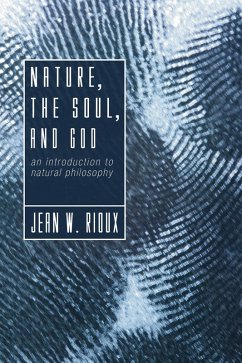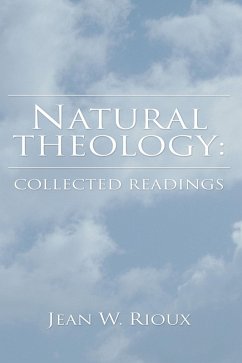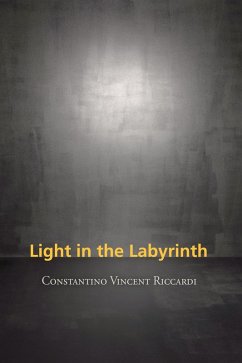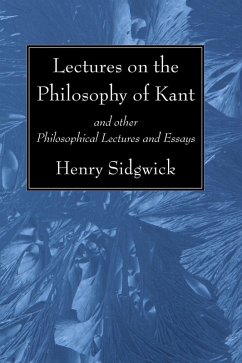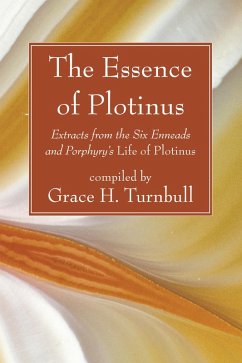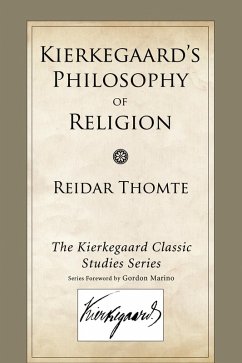The complete title of one of the most famous works ever written, Isaac Newton's Principia, was actually Philosophiae Naturalis Principia Mathematica, or "The Mathematical Principles of Natural Philosophy". Sadly, many contemporary philosophers would be hard-pressed to say just what natural philosophy (or philosophy of nature) is all about. Without question, the philosophy of nature has received relatively less attention than ethics and metaphysics for some time. In "Nature, the Soul, and God," Jean W. Rioux has brought together a number of important readings in natural philosophy, from the Pre-Socratic philosophers and Aristotle to the 19th-century entomologist Jean-Henri Fabre. Collectively, they present three ways in which one might conceive of the natural world in a pre-scientific reflection upon the way things are: either the classical materialism of Empedocles, Democritus, and Epicurus, the formalism of Plato, or the hylomorphic view espoused and defended by Aristotle and Thomas Aquinas. In the sections following the consideration of nature are selections from these representative views concerning the immortality of the soul and the existence of God. Through the medium of philosophers both ancient and modern, Rioux makes the point that one's philosophical account of the natural world will have an impact upon how one regards human nature, as well as divinity itself. It all begins with nature.
Dieser Download kann aus rechtlichen Gründen nur mit Rechnungsadresse in A, D ausgeliefert werden.

